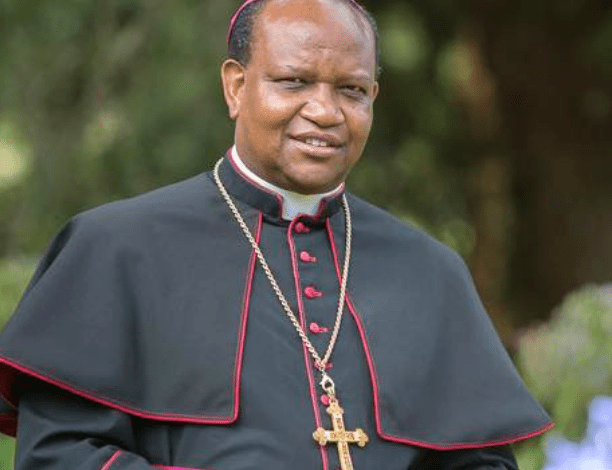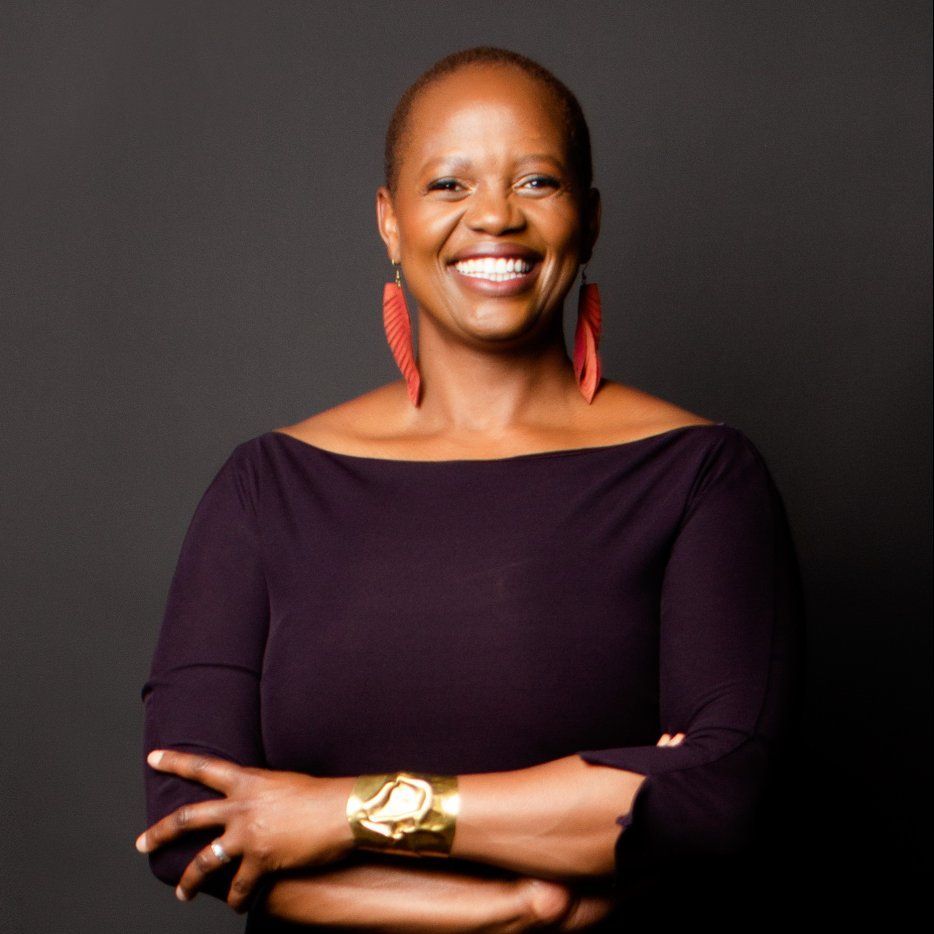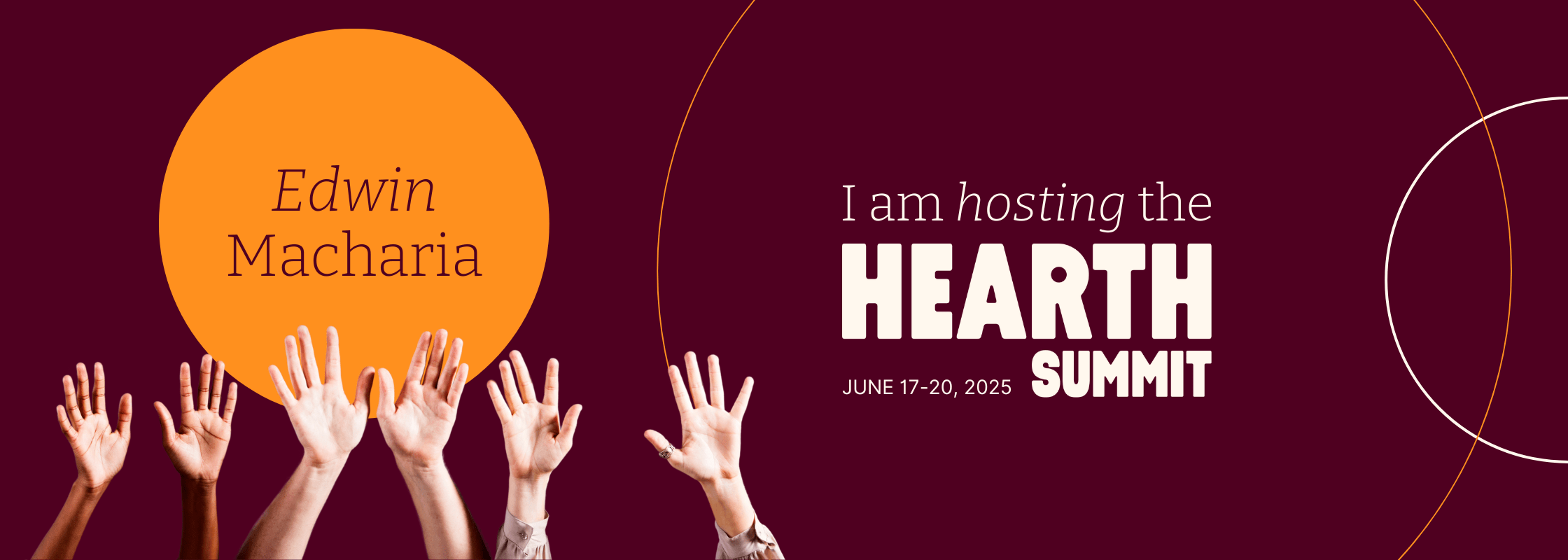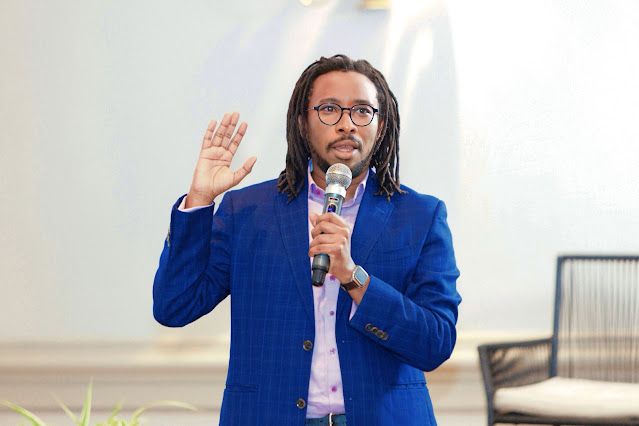How I’m Transforming My Social Change Approach With Wellbeing How I’m Transforming My Social Change Approach With Wellbeing
Stories from the Hearth
Guest post by:
Amos Leuka
Director, Living Culture and Climate Alliance (LCCA)
🌍 Loita Maasai community, Loita, Narok County, Kenya
Amos Leuka, director of the Living Culture and Climate Alliance (LCCA), from the Loita Maasai community in Loita, Narok County, Kenya, attended The Wellbeing Summit Dakar-Thiès in November 2023. Listen to his journey of learning, inner reflection, and motivation as he shares his reflections on the gathering.
The LCCA promotess culture and climate adaptations in Africa and in particular, Kenya. It enables indigenous communities to promote their bio-cultural rights and supports them to be economically and culturally resilient, capable of managing their land systems and biodiversity. By building this solid base, providing leadership, technical and facilitative support, and using Participatory Video, LCCA creates a space to connect all indigenous communities and enable them to gain influence on climate issues affecting them, maintain their languages and use indigenous knowledge systems to manage their lands, social change and shape their future.




















































